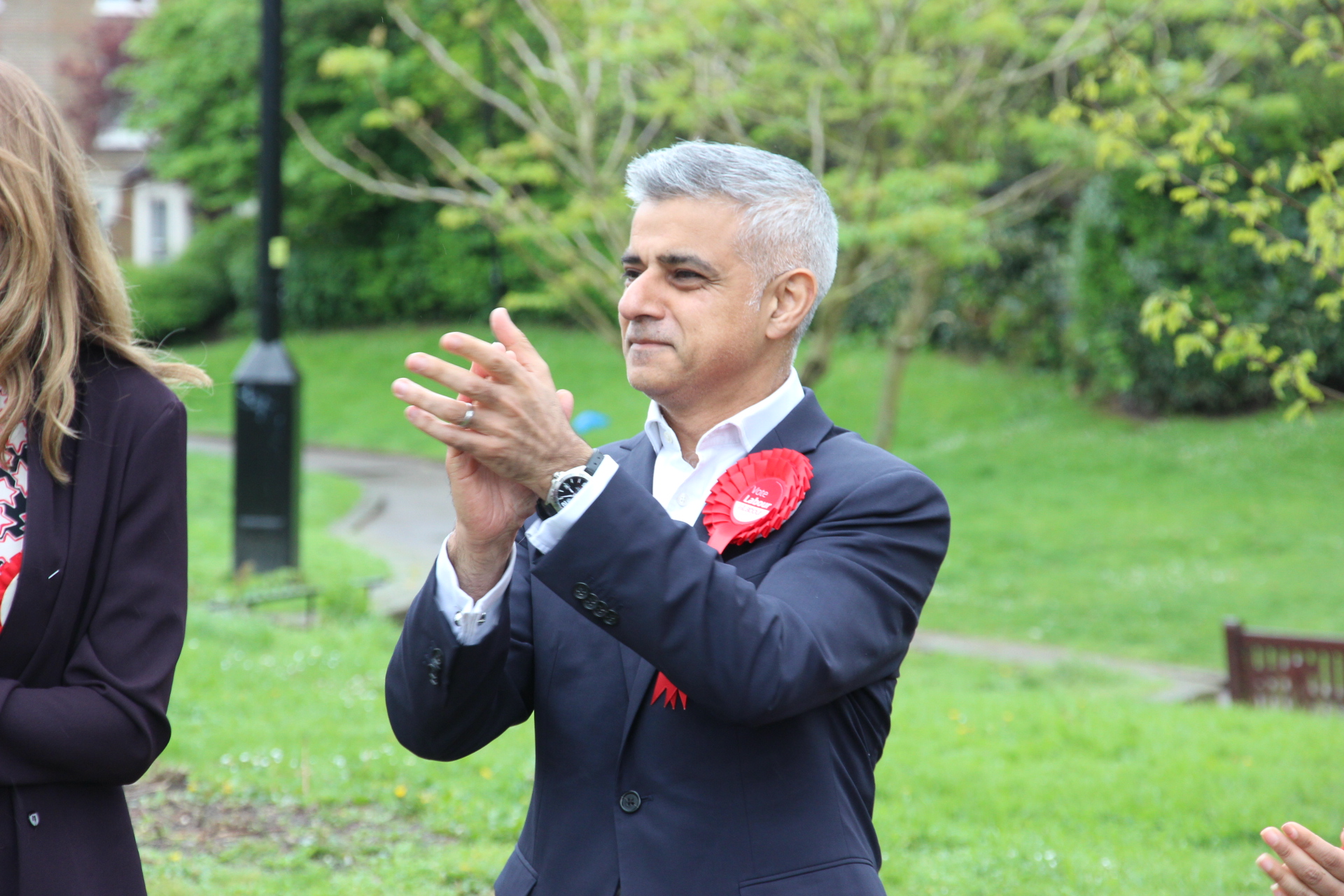The mayoral election: a ballot on what we don’t want
COMMENT: People on doorsteps talk about who they definitely don’t want to vote for with greater energy than those they do
Thursday, 25th April

London mayor Sadiq Khan
VOTERS should head to the polling stations on any election day with excited enthusiasm about who or what they are casting a vote for.
But after a dire campaign in London over the past few months you can’t blame anybody who feels only a sense of democratic duty will bring them to the ballot box.
People on doorsteps talk about who they definitely don’t want to vote for with greater energy than those they do, and the debate has been debased with the sort of name-calling which thrives on social media, and alarmist button pressing on trigger issues.
Tories privately shake their heads at how they ended up with Susan Hall, while some have suggested that Labour as a party is more popular than Sadiq Khan, an angle which has been batted away by party loyalists on the streets with claims that this view is generated by racism or those obsessed with their cars.
But you don’t need to be infected with either of those afflictions to wonder what the London Mayor will do now, if he hasn’t done it already after eight years in charge.
It’s hard to dazzle after so long in the role and a two-term rule might be considered healthy for the emergence of fresh takes and the exploration of unseen possibilities.
It would not be the only reform which could improve the attempt at city-wide government we have seen since the formation of the mayoralty in 2000 and with it the London Assembly.
The latter is almost wilfully anonymous to the extent most Londoners simply do not know who their local representative is.
If they overcome that hurdle, members will then face an awkward assignment in explaining how they have meaningfully made any difference to anybody’s life during the last four years in their fairly well-paid seats.
There will have been worthy inquiries into issues and experts take the time to give them evidence at committees. There will occasionally be some challenging questions to the Mayor. But nothing to suggest that the city would crumble into the Thames without their existence at the Royal Docks. They have no real power.
Mr Khan, like his predecessors Ken Livingstone and Boris Johnson, enjoys a presidential experience where hand-picked unelected deputies and czars hold more influence on policy than anybody you cast a ballot for next week. We hear much more about Will Norman or Amy Lame, for example, than people who won an election.
In this messy system, dynamic intervention is lacking. Take the big infrastructure issue facing Camden Town: its tube station clearly unfit for purpose and a crush danger for residents, workers and tourists. In the past four years, we’ve heard little about a solution, just like the previous four years.
Who is pushing for a wildly overdue fix for a glaring problem? In this void of ideas, the city is back to voting simply for what we don’t want, rather than what we do.